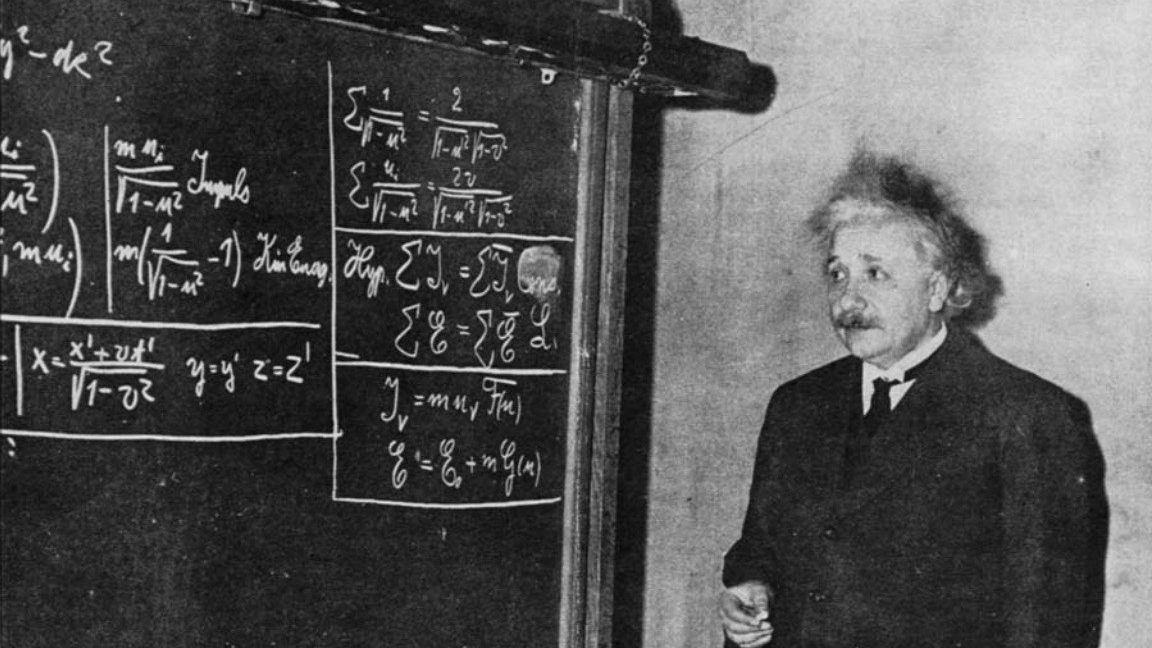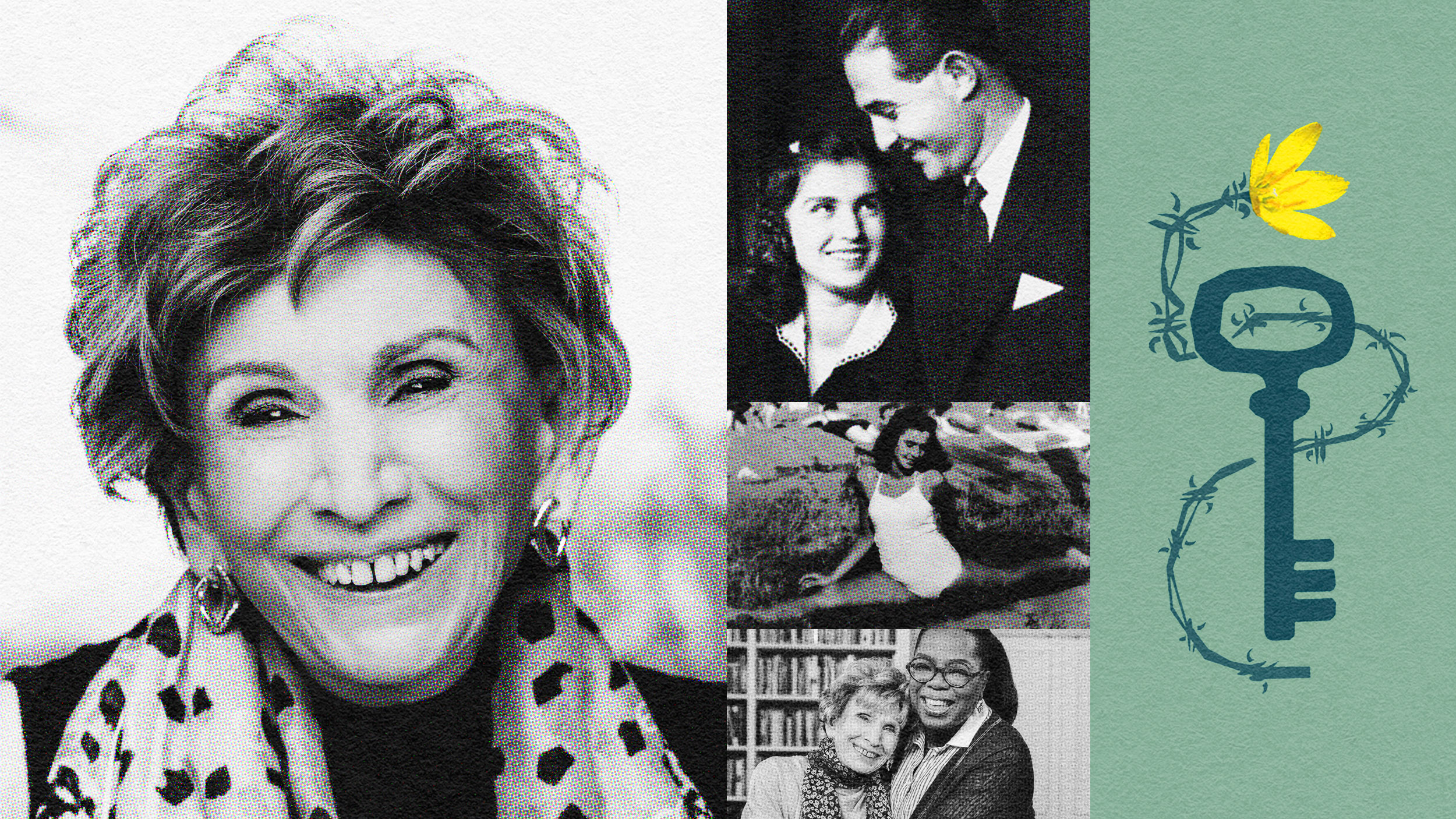Despite the hurdles, women should just go for it, says Heidi Hammel.
Question: What are the challenges to being a female scientist?
Heidi Hammel: I would say the biggest challenge I had as a woman in science, is be a mom. It’s really hard. It’s very hard work having children, and I tell kids this all the time. They say what’s the hardest thing you’ve ever done, because I’ve done so many space missions in Hubble and taught these big projects. I’m like, oh, the hardest thing is being a mom. It’s like 24/7. You can’t stop it, and it’s always there. And as a scientist, it’s hard because my particular field of science, and most fields of science, require quite a bit of dedication, whether it’s laboratory work, or in my case telescopic work, where I need to go places and do things. Having high quality daycare is by far the most important thing you can do when your kids are little. When I relocated, I spent more time looking for daycare than I did looking for a house. It was much more important to have good daycare, and I was fortunate to find high quality daycare where I just totally trusted it, and my kids were great. They’re absolutely fantastic kids doing super jobs now. They’re wonderful. But, you know, I had to spend a lot of time and energy doing that. I also learned you must relay on friends and family to help you out. You can’t do it on your own. There’s people like, oh, how do you do it? I’m like, well, my neighbors, my mom helps. I just rely on other people. That’s the way it has to be, otherwise you’d just go nuts. So it’s a tough balancing act. And I also learned that there is no such thing as balance, that on any individual day your life is completely skewed one way or the other. One day you’re like dealing with child crises, and you’re just coping. And the next day, you may be dealing with a work crisis, and just dealing with that. Over the long run, you have to find sort of the right balance, but you can’t expect it to balance at any individual moment, because it won’t. And once you learn to give that up, once you learn to give up the myth of balance, you can be a much more relaxed person.
Question: What’s your advice to women entering astronomy?
Heidi Hammel: I would encourage anybody who’s interested in any kind of science, engineering, math field, to go after that. I am not about telling people become astronomers. We don’t need a lot of astronomers. But what I want to avoid is that young, young woman coming along, who is absolutely fascinated in biochemistry, but she’s told, oh, no, biochemistry, this is a guy’s field. That’s wrong. The best complement I ever had was a young person who I just met standing in line to go to a concert. It was like two years after the Shoemaker-Levy 9 thing, where I had been in the news a lot. And this guy, we were talking waiting to get into this concert, and he said, “Oh, hi.” I like introduced myself Heidi. And it was like, “Are you Heidi, the Heidi Hammel, the astronomer?” And I, “Yeah. That’s it.” He was like, “Oh, you’re the reason I became a biologist.” I said, “Oh, yeah? How’d that happen?’ He said, “Well, when you did that comic crash thing, I just thought that was so cool, and I had really slacked off. I had dropped out of college, and I was just, you know, being a slacker, but I was so excited by that, that I went back to college, and I took astronomy courses.” And I said, “Well, that’s pretty cool.” He said, “Yeah, but I hated astronomy.” Like, well, it’s not for everyone. He said, “But I loved biology, and I went on to get my PhD in biology.” I’m like, that’s it. That’s what it’s all about. My message is don’t be discouraged by anything anybody tells you. In my case of the science thing, and I just ignored people who said, oh, girls don’t do that. Or blah blah blah. I just went ahead and did it anyway, lack of fear, stupidity. I don’t know why. I just kept doing it. But to tell young people don’t listen to those folks that you can’t. If you want to, go do it. That’s the message I try to give.





